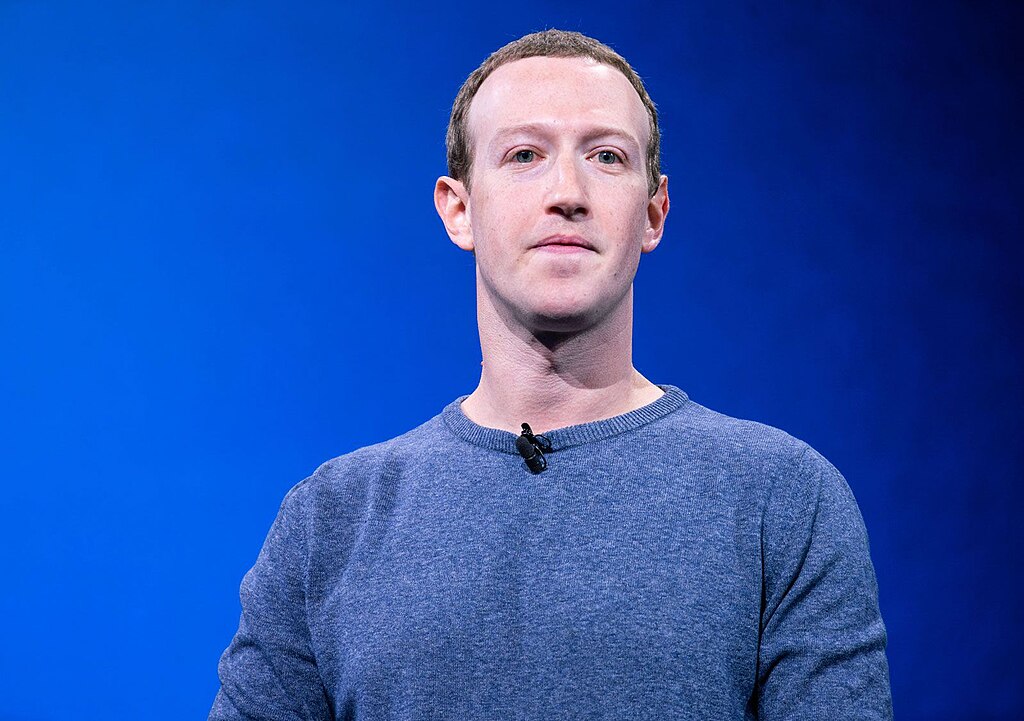The shareholders of Meta Platforms have secured a swift settlement worth US $8 billion with CEO Mark Zuckerberg and former executives, bringing the high-profile Delaware trial on Facebook’s privacy failures to an abrupt close. The case, stemming from allegations that senior management neglected user data protections and breached fiduciary duties tied to the 2012 FTC consent decree, concluded before stakeholders could hear their testimony in court.
This resolution arrives at a critical time when global regulators are intensifying scrutiny on tech giants’ data governance. The settlement halts what would have been a landmark collision with former COO Sheryl Sandberg, Marc Andreessen and other high-profile figures expected to defend oversight decisions. While exact terms remain under wraps, legal observers note that Zuckerberg avoided in‑court questioning for a second time in a privacy-related trial .
Beyond financial restitution, the outcome raises deeper questions about board accountability. Plaintiffs accused Meta leaders of operating Facebook as a “data‑harvesting enterprise” and neglecting oversight of repeated privacy breaches. The legal assertion that executives failed in their Caremark duties, a rare cause of action, shines a spotlight on director responsibility under Delaware law.
From a governance standpoint, the settlement offers both relief and resistance. It prevents potentially damaging depositions but denies shareholders a public reckoning over alleged lapses in data stewardship. Critics warn that this quiet closure may blunt efforts to hold executives personally responsible, while supporters emphasise the company’s post-2019 investment in privacy infrastructure will forestall future controversies.
For Meta, this outcome allows a strategic shift from courtroom exposure to reinforcing its commitment to data protection. Investors will closely monitor whether this settlement restores confidence or merely paper‑over deeper transparency issues. As digital policy tightens worldwide, this case carries lasting resonance for how big tech boards manage privacy governance and regulatory risk.


